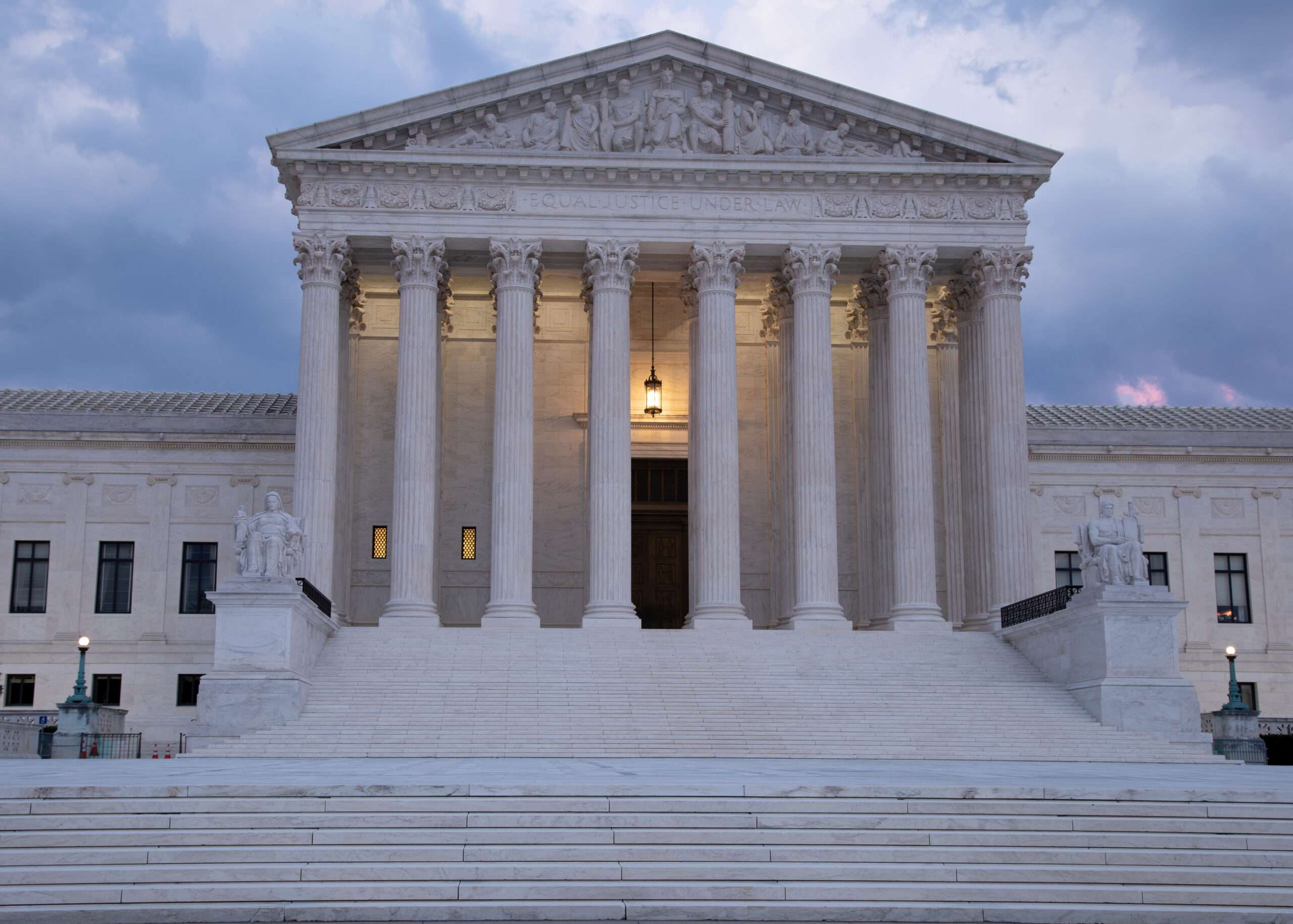During the presidential debate on Thursday night, President Biden’s performance faltered, causing anxiety among America’s allies, especially when former President Donald J. Trump simply shrugged in response to questions about NATO. Trump’s history of disparaging NATO and his lack of reassurance during the debate raised concerns among European officials about his commitment to the military alliance.
Jana Puglierin, director of the German office of the European Council on Foreign Relations, expressed her worry, stating that Trump’s actions could undermine NATO, even if he doesn’t officially withdraw from it. The core of NATO lies in Article Five of its charter, which requires member countries to defend each other. Puglierin emphasized the importance of the U.S. president making this commitment credible.
Trump’s skepticism about alliances has European nations fearing that he might prioritize transactional relationships over NATO’s collective defense. Camille Grand, a former assistant secretary general of NATO, warned about the unpredictability of a second Trump term and its potential impact on European security.
The debate also raised concerns about the image of American democracy internationally. Sergey Radchenko, a historian at Johns Hopkins School of Advanced International Studies, criticized the debate for damaging America’s leadership image and projecting a sense of terminal decline.
Overall, the debate left international observers, especially NATO supporters, unsettled about the future of U.S. foreign policy. The contrasting styles of Trump and Biden, along with their statements on global challenges, stirred anxiety about the direction of American leadership on the world stage. Dmitri Novikov, a Russian lawmaker, stated on a talk show on state television that the outcome “is good for us.” He added, “Destabilization inside an adversary is always a good thing.”
In Asia, concerns were raised about how U.S. politics could impact stability. During Trump’s presidency, alliances in the region were deeply shaken, and countries seeking to counterbalance China’s influence and deter North Korea’s nuclear ambitions have been working to rebuild ties with Washington.
Lee Byong-chul, a professor at the Institute for Far Eastern Studies in Seoul, described the debate as a “Trump win” and a setback for the Biden campaign. He predicted a second Trump administration and emphasized the need to prepare for it.
In Japan, officials have been cautious about expressing their willingness to work with any U.S. administration. However, Trump’s remarks about defense spending have raised concerns that he views international relationships as transactional rather than enduring.
India, which has been strengthening its ties with the U.S., has seen in Biden a leader who understands alliances and how to manage geopolitical risks. In contrast, Trump’s unpredictability poses challenges for India, especially in dealing with China.
The Chinese government anticipates a hardening of U.S. policy towards China, regardless of who wins the election. This sentiment was echoed by many Asian analysts who expressed pessimism about the electoral options.
Kasit Piromya, former Thai foreign minister, called for Southeast Asian countries to have their own foreign policy vision rather than waiting for the U.S. to dictate outcomes.
Overall, the debate left many Asian analysts feeling uncertain about the future direction of U.S. policy and its implications for the region. Please rewrite this sentence.
Source link





